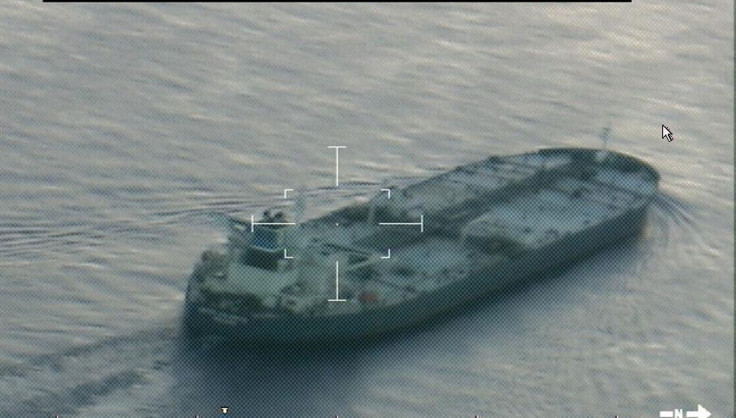Baghdad, Iraqi Kurdistan Finalize Oil Export Deal, Abadi Paves Way For Inclusive Government

Leaders of Iraq's central government and its semiautonomous Kurdish region settled their long-running dispute Tuesday regarding the export of crude oil in a deal that means Baghdad will receive the revenue from the oil sales but also resume payments to the Kurdistan Regional Government. Turkey, which is keen to gain a steady supply of Iraqi crude oil for its refineries, was a key player in the successful talks.
Under the new deal, Iraqi Kurdistan is required to export 550,000 barrels of oil per day through Iraq's national oil company. In exchange, the Kurds will receive their 17 percent share of the national budget, something Baghdad had cut off during the dispute.
Finalizing the deal, which takes effect Jan. 1, marks political as well as financial progress. The Iraqi administration comprises various ethnic, religious and political factions, but the Kurds have refused to participate. The new deal suggests Iraqi Prime Minister Haider al-Abadi is on his way to creating an inclusive government, one with Kurdish participation -- an ultimatum imposed by the U.S. this summer when it began helping the Iraqi military fight the Islamic State group, also known as ISIS.
For the past six months Iraqi Kurdistan has been exporting oil via a pipeline that runs through Turkey to the Mediterranean port of Ceyhan without the consent of the Baghdad government, which is required by law. Iraqi Oil Report wrote the three-province Kurdistan Regional Government is producing about 120,000 barrels a day from two fields in the Kirkuk region of Iraqi Kurdistan. Dozens of tankers have picked up some of that oil in Ceyhan. So far, it is not clear if any of those tankers have offloaded oil to buyers.
During this time, Baghdad filed lawsuits against the Kurdish government in Iraqi Kurdistan, claiming the export of the crude oil is illegal and such activities need to be cleared by the central government.
“When the Iraqi government stopped [the] Kurdistan region’s budget, we were not exporting oil and their decision was unilateral. The Kurdistan region seeks a mechanism where such situations would not reoccur," Barzani told reporters Thursday. "We wish to settle all outstanding issues with Baghdad."
Tuesday's agreement allows Iraqi Kurdistan to export 250,000 barrels a day from its oil fields near the city of Irbil and 300,000 barrels per day from Kirkuk oil fields through a pipeline to Turkey. Once the oil is exported into Turkey it will be handed over to the Iraqi State Organization for Marketing of Oil -- the country's official entity responsible for marketing Iraq's oil.
It is unclear from the initial details of the deal if or how the revenue generated from the oil exports would be split between Baghdad and Iraqi Kurdistan. The 17 percent of the share of the national budget Kurdistan is receiving from Baghdad adds up to about $12 billion each year. The Kurds will also receive an additional $1 billion in installments to help the Peshmurga, the Kurdish army, fight ISIS.
© Copyright IBTimes 2025. All rights reserved.





















